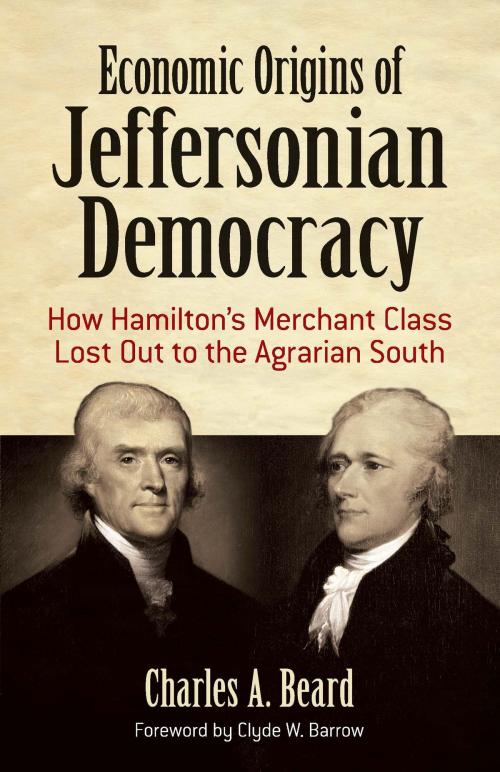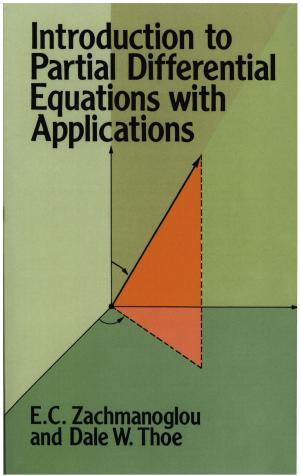Economic Origins of Jeffersonian Democracy
How Hamilton's Merchant Class Lost Out to the Agrarian South
Business & Finance, Marketing & Sales, Commercial Policy, Economics, Economic History, Nonfiction, History, Americas, United States| Author: | Charles A. Beard | ISBN: | 9780486824321 |
| Publisher: | Dover Publications | Publication: | July 24, 2017 |
| Imprint: | Dover Publications | Language: | English |
| Author: | Charles A. Beard |
| ISBN: | 9780486824321 |
| Publisher: | Dover Publications |
| Publication: | July 24, 2017 |
| Imprint: | Dover Publications |
| Language: | English |
The sequel to the bestselling An Economic Interpretation of the Constitution, this volume focuses on the nation's early political history from the adoption of the Constitution through the end of the Jefferson administration. This period saw the rise and triumph of Jefferson's agrarian, slave-holding South over the mercantile-oriented urbanism of Hamilton's North, setting the stage for the ongoing clash between rural and urban America, a topic still highly relevant in the twenty-first century.
Beard defines the early period of American governance in terms of the conflict between agrarianism and fluid capital that dominated the campaign for the ratification of the Constitution. He traces this dispute across three decades into its manifestations as Federalism versus Republicanism and later into Federalism and Jeffersonian Democracy. Broad in scope, Beard's view places the struggles within the context of social and cultural developments, and his interpretation provides an excellent resource for students of the historical background of American politics.
The sequel to the bestselling An Economic Interpretation of the Constitution, this volume focuses on the nation's early political history from the adoption of the Constitution through the end of the Jefferson administration. This period saw the rise and triumph of Jefferson's agrarian, slave-holding South over the mercantile-oriented urbanism of Hamilton's North, setting the stage for the ongoing clash between rural and urban America, a topic still highly relevant in the twenty-first century.
Beard defines the early period of American governance in terms of the conflict between agrarianism and fluid capital that dominated the campaign for the ratification of the Constitution. He traces this dispute across three decades into its manifestations as Federalism versus Republicanism and later into Federalism and Jeffersonian Democracy. Broad in scope, Beard's view places the struggles within the context of social and cultural developments, and his interpretation provides an excellent resource for students of the historical background of American politics.















